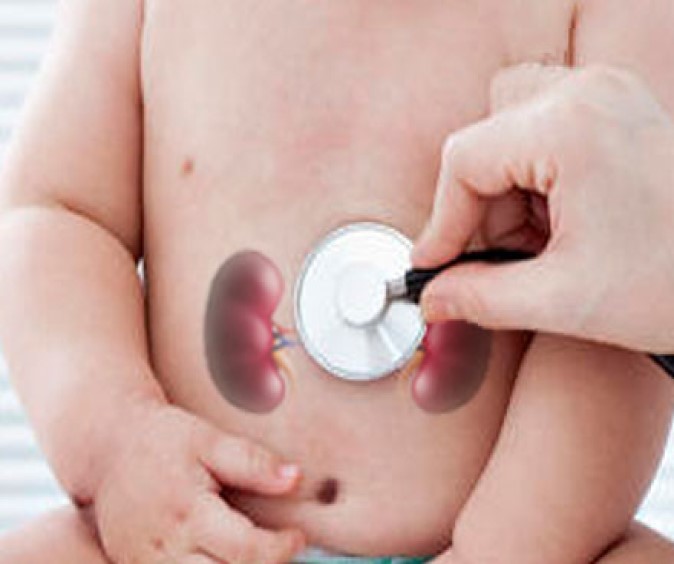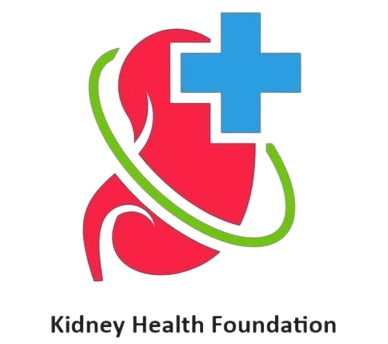
Paediatric Nephrology
Our Pricing Plan
Meet Our Doctors

Dr. Abdullah Al Mamun
MBBS, MD ( Pediatric Nephrology) MRCPS (Glasg, UK) ISPD Fellow (Bangalore, India)Paediatric Nephrology
Make an Appointment

Dr. Kaosary Khan Kakon
MBBS (DU), BCS (Health) MD in Pediatric Nephrology (BSMMU)Paediatric Nephrology
Make an Appointment
Dr. Syed Saimul Huque
MBBS, MD (Paed. Neph.) Clinical Fellow (Paed. Nephrology) National University Hospital, SingaporePaediatric Nephrology
Make an Appointment
Professor Dr. Golam Muin Uddin
MBBS, FCPS(Paediatrics), FRCP(Edin,UK), Fellow Paediatric Nephrology, New Children Hospital, Sydney, Australia. Gold Medalist for Health and Humenaterian Service. (Mother Terasa Gold Medal 2017)Paediatric Nephrology
Make an Appointment




